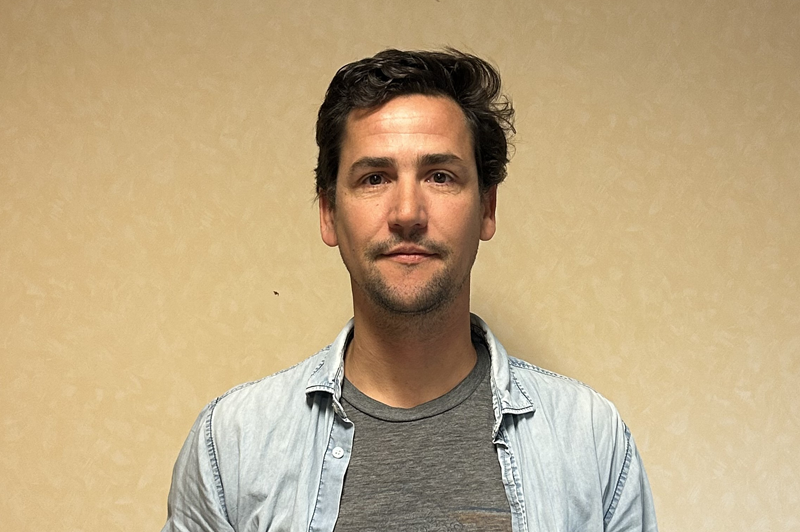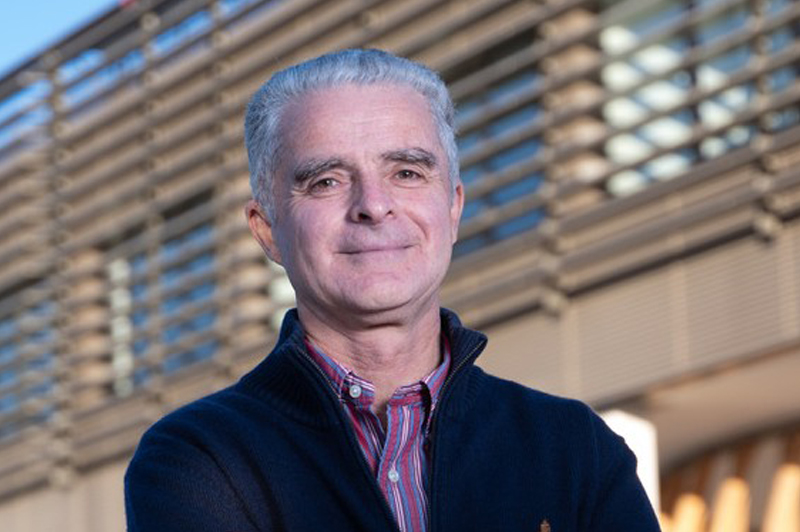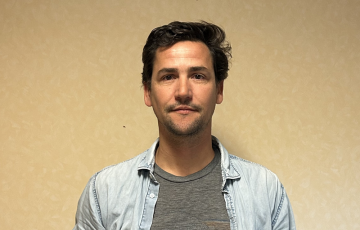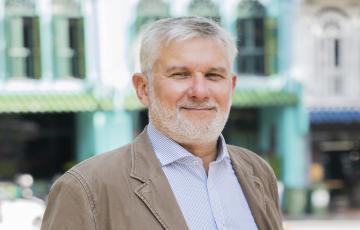Food Industry
WE CAME TO PROVENCE TO RESOLVE OUR SUPPLY PROBLEMS. WE ENDED UP BECOMING A REFERENCE FOR AROMATIC HERBS. IT WAS A STRATEGIC CHOICE TO COME HERE AND OUR DECISION HAS BORNE FRUIT.
The Food Industry, A Traditional Sector That Continues to Prosper in Provence
The Provence-Alpes-Côte d'Azur Region has welcomed a multitude of small and medium-sized companies, as well as long-standing national and international leaders such as Pernod-Ricard, Coca-Cola, Haribo, Canavese, Jean Martin, Carnivor, Richel Group or FrieslandCampina. This territory brings together more than 8% of French agribusiness establishments, placing it second in rank of French regions.

At the heart of a unique network of road, rail, river and maritime transport, professionals can easily supply, produce, and package locally, and then go on to assure the distribution of their product globally. There is also significant market potential to develop (a population of 810 million residents that has one of the world's highest GDP per capita and direct access to Europe).
Taking advantage of its exceptional sunshine and growing climate, as well as its traditional know-how, Provence is strongly positioned in sectors such as fruit production, vegetables, wine, olive oil, or confectionery (chocolates, calissons, etc...). With a variety of internationally recognized certifications such as Protected Geographical Indications (PGI) and Protected Designation of Origin (PDO), the territory relies on the excellence of its products: rice from the Camargue, olive oil from the Baux Valley, honey from Provence, wine from the Aix-en-Provence area, brousse cheese from Rove... It also devotes more of its surface area to organic farming than any other region in France.
Key Figures From the Food Industry in Provence
- #1 regional producer of fresh flowers, fruits, and vegetables;
- €7.7 billion in sales, including €1.9 billion in exports;
- Ranked 5th in regional GDP;
- 37 100 jobs (second-largest regional employer);
- More than 1800 companies, with more than one third of them in the Bouches-du-Rhône;
- 1 million m² of warehouses in St-Martin de Crau, the leading regional logistics center;
- 1 specialized agribusiness teaching and training center in Avignon;
- 5 Markets of National Interest.
Provence's Food Industry Advantage
• A developed logistics network with the Port of Marseille-Fos, France's leading port, the Marseille-Provence Airport and the long-standing presence of freight transport companies and market leaders, including CMA-CGM, the world's third-largest merchandise carrier.
• Specialized curricula and training for the agribusiness sector:
- ISEMA, the Institut Supérieur Européen de Management Agroalimentaire, which trains future executives for the agrobusiness industry, for positions such as sales project manager, marketing manager, or logistics and distribution manager.
- Aix-Marseille University, which offers a professional undergraduate degree in biotechnology with a specialization in agribusiness-specific microbiology that offer high-level qualifications in the areas of food safety and food quality, biological processes management, and food risks (microbiological and biochemical). Aix-Marseille University is also the lead agency of POLYTECH, the School of Engineering in Marseille, which offers study programs with specializations in Biological Engineering, Mechanical Engineering, Mechanics and Energy.
- FRIAA, CRITT (Regional Center for Innovation and Technology Transfer), IFRIA (training organization for the food industry with a work-study approach), FRCA (Regional Federation of Agricultural Cooperatives) and UESS (The European University of Flavors and Scents) are joining together to form an annual skills development program with several proposed themes, including: industrial performance, innovation, food safety, nutrition, the environment, automated production techniques, labor relations, management, marketing and trade.
- OPCALIM, the professional training organization for the IAA agribusiness institute, is located in the area. It advises and finances companies and employees in their training initiatives.
• A structured network of professionals:
- FRIAA, the Regional Federation of Agrobusiness Industries;
- TERRALIA, the competitiveness cluster for the fruits and vegetables, cereals, and grape and wine sectors in the South-East of France;
- PROCAMEX, the exporters' club;
- INRA PACA, the agro-research center.



 +33 4 96 11 60 00
+33 4 96 11 60 00











